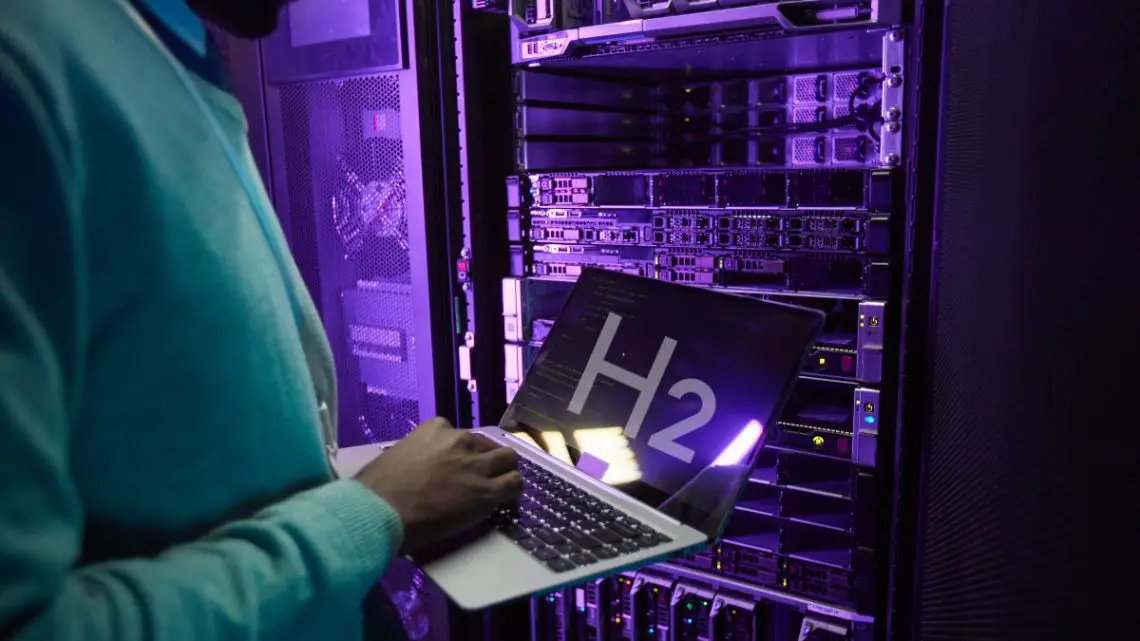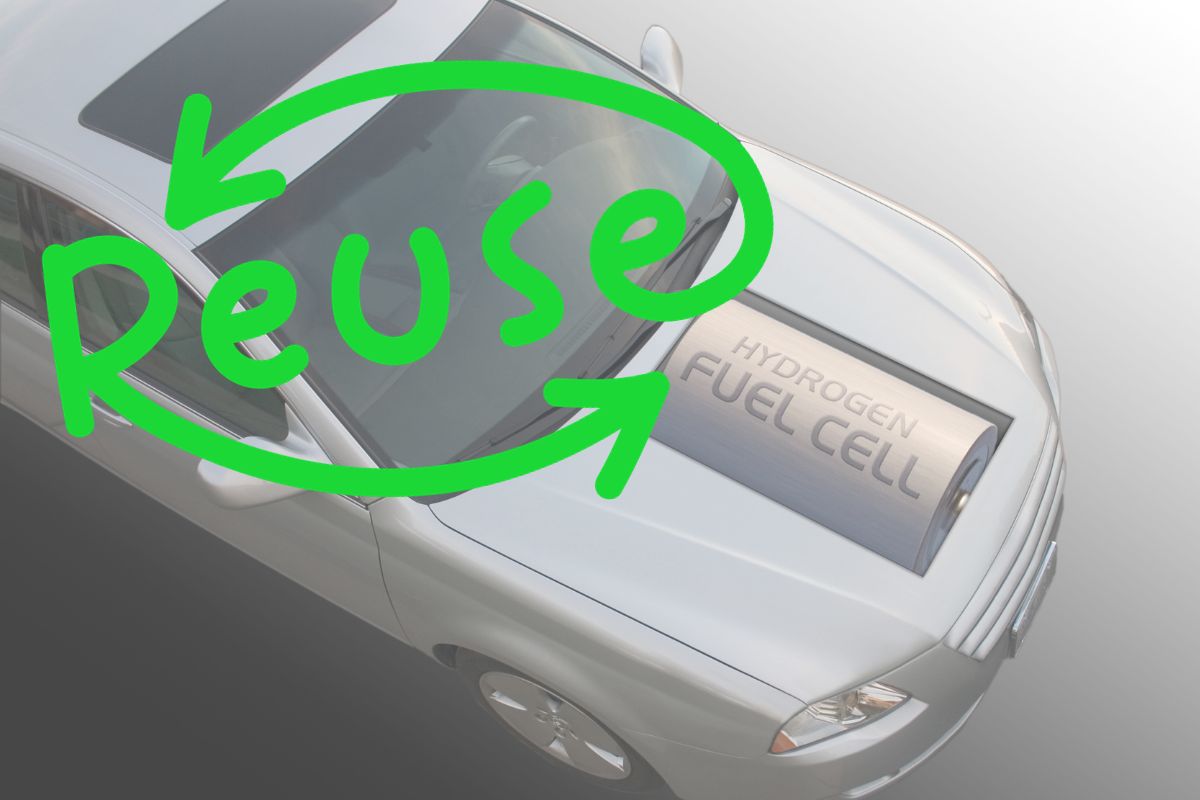
Japanese automakers team up to use waste hydrogen in data center power test
January 3, 2024Honda and Mitsubishi plan to test a small data center as part of decarbonization project.
The two companies plan to test a small data center powered by waste hydrogen from an industrial electrolysis plant as well as use retired automotive fuel cells in a stationary application.
The electrolysis plant is run by Tokuyama Corporation.
Located in Shunan City, Yamaguchi Prefecture, the waste hydrogen will be pumped from the Tokuyama electrolysis plant. The hydrogen is a by-product at the Tokuyama plant and will be delivered through a pipeline. The plant, which has existed since 1952, produces sodium hypochlorite and chlorine via electrolyzing salt water.
Honda intends to utilize the waste hydrogen from the plant to fuel a power plant built from retired fuel cells recycled from electric vehicles. Mitsubishi intends to use the electricity to power a small data center, which appears to be about the size of a shipping container based on an image the company released with the announcement.
Giving purpose to waste hydrogen and second-life fuel cells.
The goal of the waste hydrogen and second-life fuel cell project is to test the idea of reusing existing products to lower costs and to further decarbonization efforts.

The second-life fuel cell project tests the theory of reusing retired automotive fuel cells in a stationary application, with the hope of making fuel cell power plants for stationary applications more affordable.
Honda and Mitsubishi also hope to show that using by-product hydrogen and reusing fuel cells to power data centers can decarbonize these facilities. They also plan to investigate if production data centers in the region can be powered through these methods as well.
A potentially large supply of reusable fuel cells.
 Japan is one of the few countries in the world that boasts a significant fleet of fuel cell electric vehicles (FCEVs), with as many as 7,700 on the nation’s roads. As such, there is huge potential to reuse retired fuel cells. If the project goals go according to plan, this could be a significant discovery for other countries that have an abundance of these vehicles, such as Korea, which has nearly 30,000 FCEVs on their roads and the US with some 15,000.
Japan is one of the few countries in the world that boasts a significant fleet of fuel cell electric vehicles (FCEVs), with as many as 7,700 on the nation’s roads. As such, there is huge potential to reuse retired fuel cells. If the project goals go according to plan, this could be a significant discovery for other countries that have an abundance of these vehicles, such as Korea, which has nearly 30,000 FCEVs on their roads and the US with some 15,000.
The joint demonstration project is supported by Japan’s New Energy and Industrial Technology Development Organization as part of a trial to move toward a hydrogen society.
The waste hydrogen and second-life fuel cell project is expected to run until the end of March 2026.
Ready to test your knowledge on the most abundant element in the universe? Take our fun and engaging Hydrogen Quiz now! [forminator_quiz id=”58712″]



 With over 15 years of reporting hydrogen news, we are your premier source for the latest updates and insights in hydrogen and renewable energy.
With over 15 years of reporting hydrogen news, we are your premier source for the latest updates and insights in hydrogen and renewable energy.